Back
Arcane
Hey, I'm on Medial • 1y
For a startup, Capitalising on Uncertainty could prove to be one of its biggest assets. How? Let's understand. In the 1960s, IKEA was primarily a mail-order furniture company based in Sweden. They opened their second retail store in 1965, as the real estate was cheap. But just around the opening, the Swedish government announced plans to raise sales taxes the next week. What did this result in? 18000 customers flooded the store on the opening day itself. Obviously, there was not enough staff to manage the crowd and hence the overwhelmed store manager told customers to pick up their own items from the warehouse. He apologized to IKEA's founder, Ingvar Kamprad, saying that this would never happen again. However, Kamprad began contemplating and asked the manager once more to confirm if customers had been 'willing' to pick up their goods from the warehouse and bring them to checkout. The manager replied "Yes", but in a nervous tone. That’s when Kamprad saw the opportunity. Instead of fixing the “problem,” he decided to make it the standard practice - customers would pick up their own furniture in all IKEA stores. This move not only solved their staffing issue but also became a core part of IKEA’s low-cost business model. Goes to show how a problem can became an opportunity. The founder had the ability to recognize and capitalize on the uncertainty of that day which is what set IKEA on the path to become a global giant.
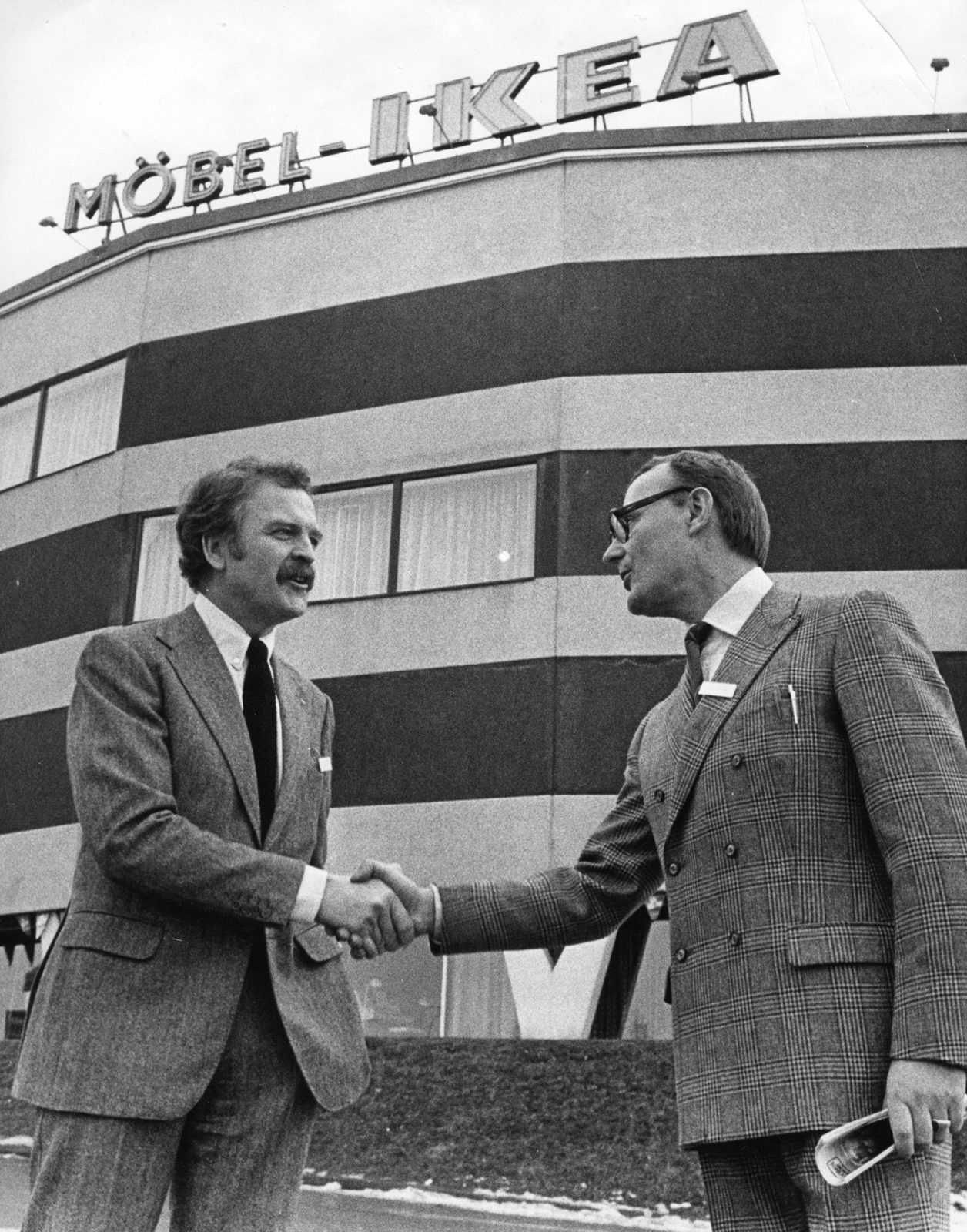
Replies (6)
More like this
Recommendations from Medial
Aditi
Will become a inspir... • 9m
“The IKEA Effect: Why We Value What We Build” The IKEA Effect is a psychological phenomenon where people place higher value on products they partially create themselves. The name comes from IKEA, where customers assemble furniture — and end up lovin
See MoreJaswanth Jegan
Founder-Hexpertify.c... • 1y
“IKEA’s Royal Sleepover” WEIRD Marketing Strategy #13 It all started on Facebook, a group was created ‘I Wanna Have a Sleepover in IKEA’ and the number of members joined were 10K,IKEA Selected 100 lucky people to spend the night in their showrooms.
See More
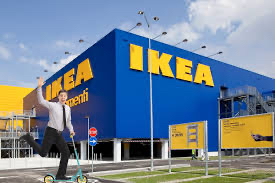
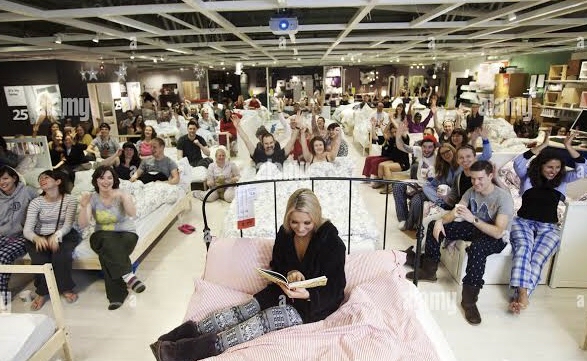
Dr Sarun George Sunny
The Way I See It • 1y
In 2018, Ikea made headlines with a campaign that was as bold as it was bizarre. The Swedish furniture giant released an ad in a popular magazine that featured a picture of a crib with a simple yet shocking request: “Pee on this ad.” What seemed lik
See More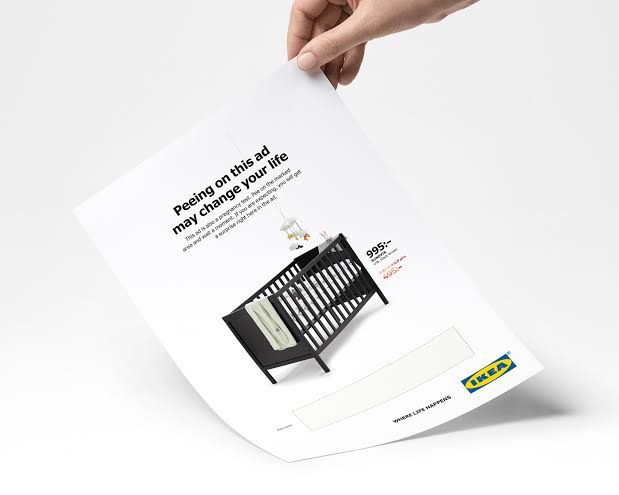
Download the medial app to read full posts, comements and news.


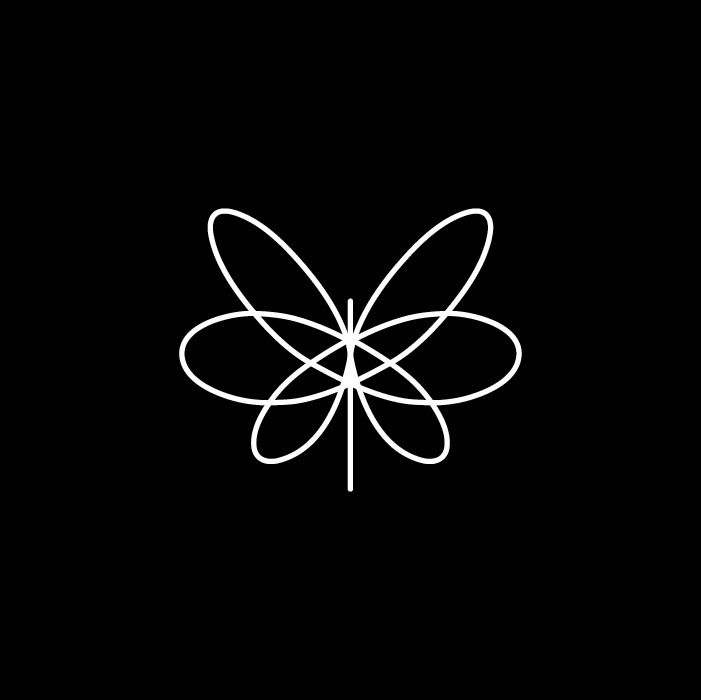



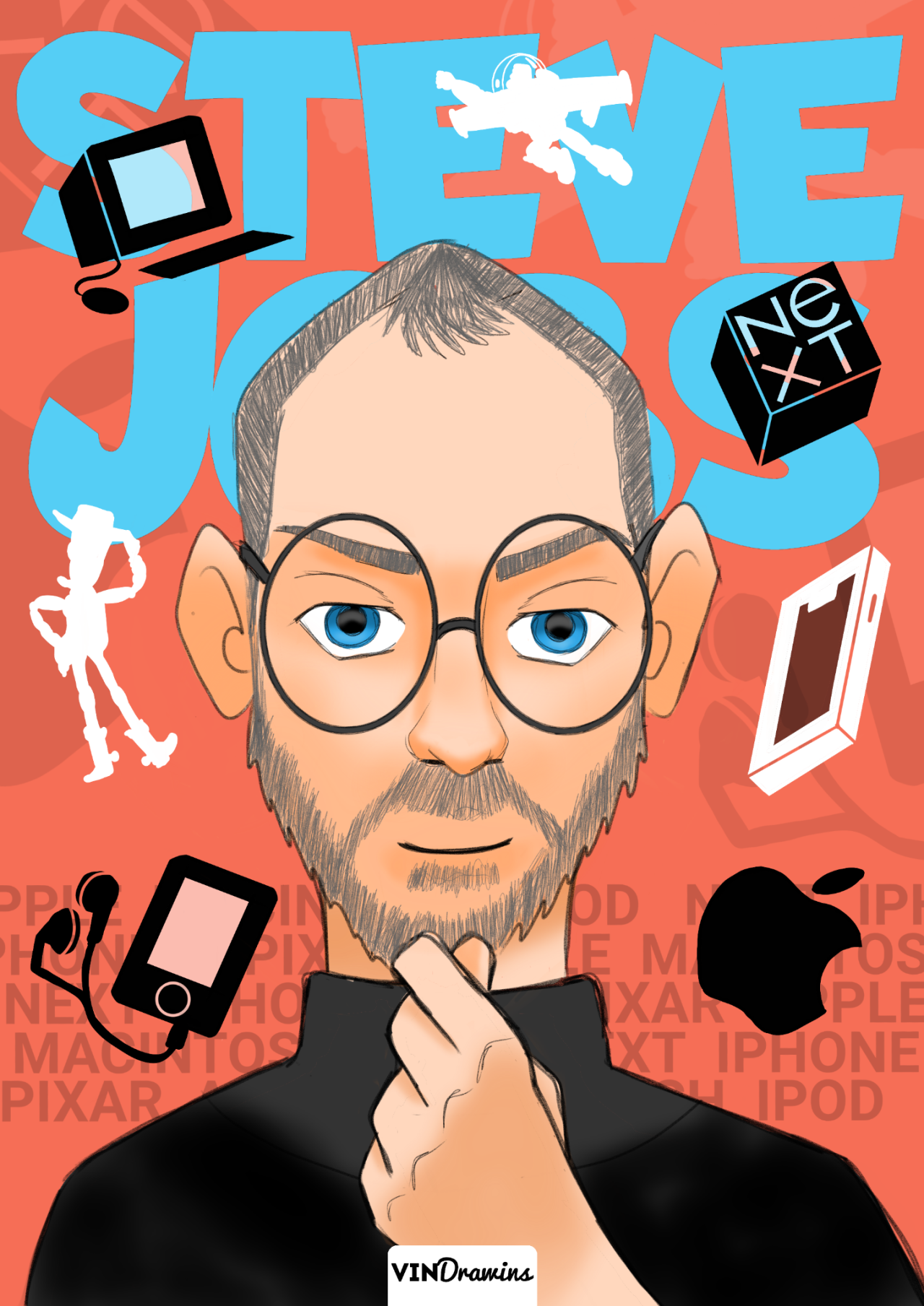
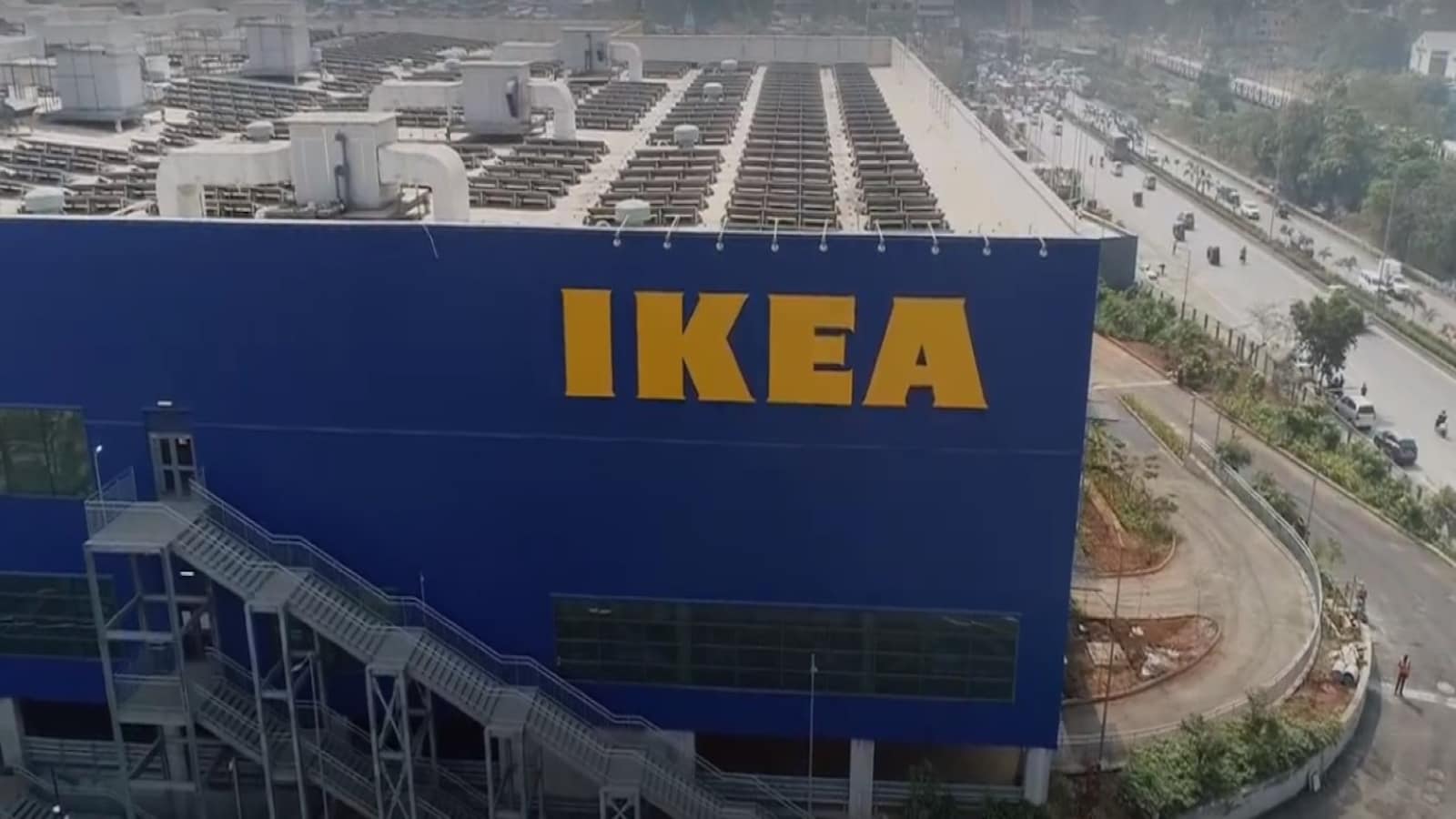
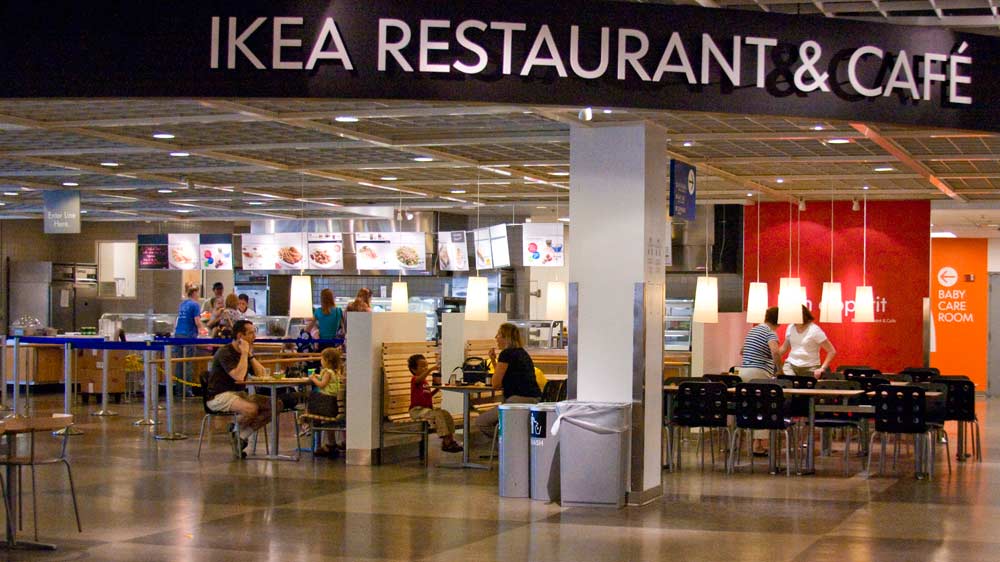
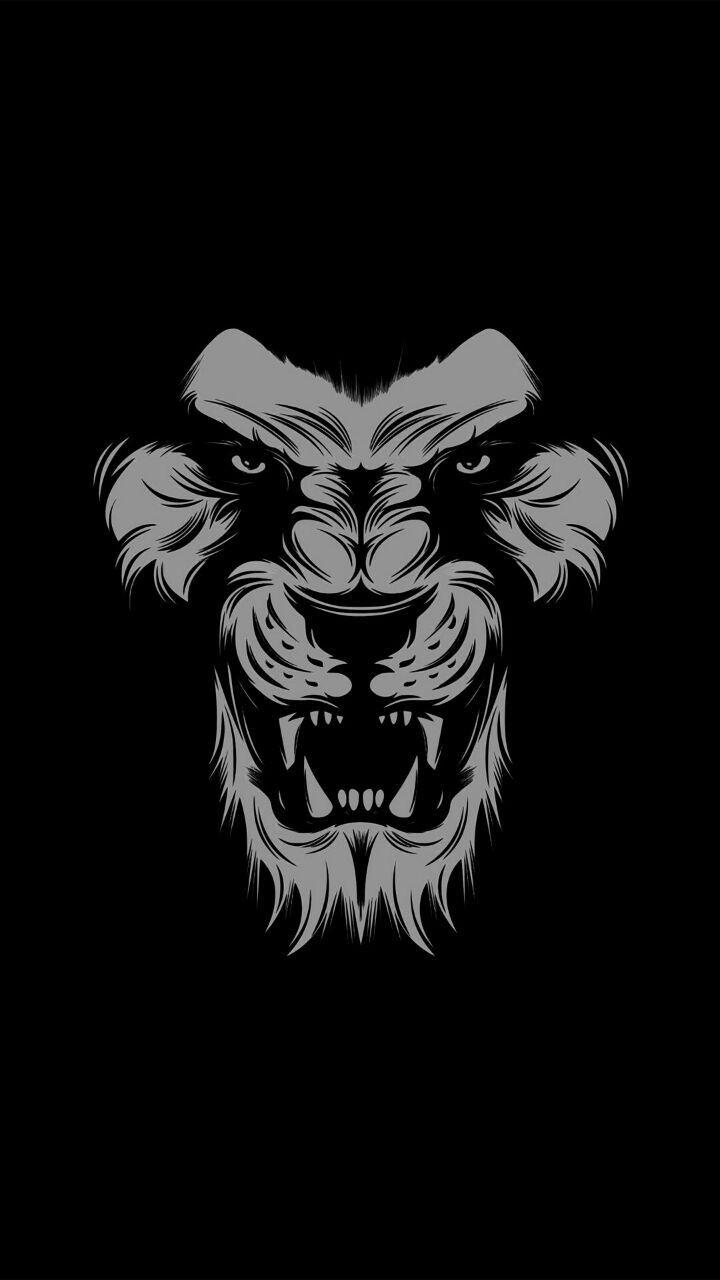



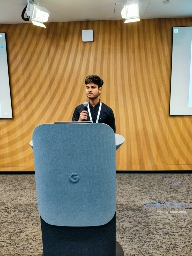


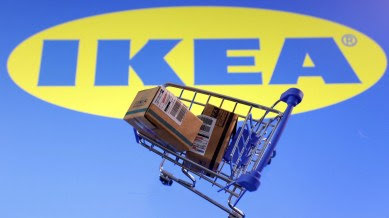
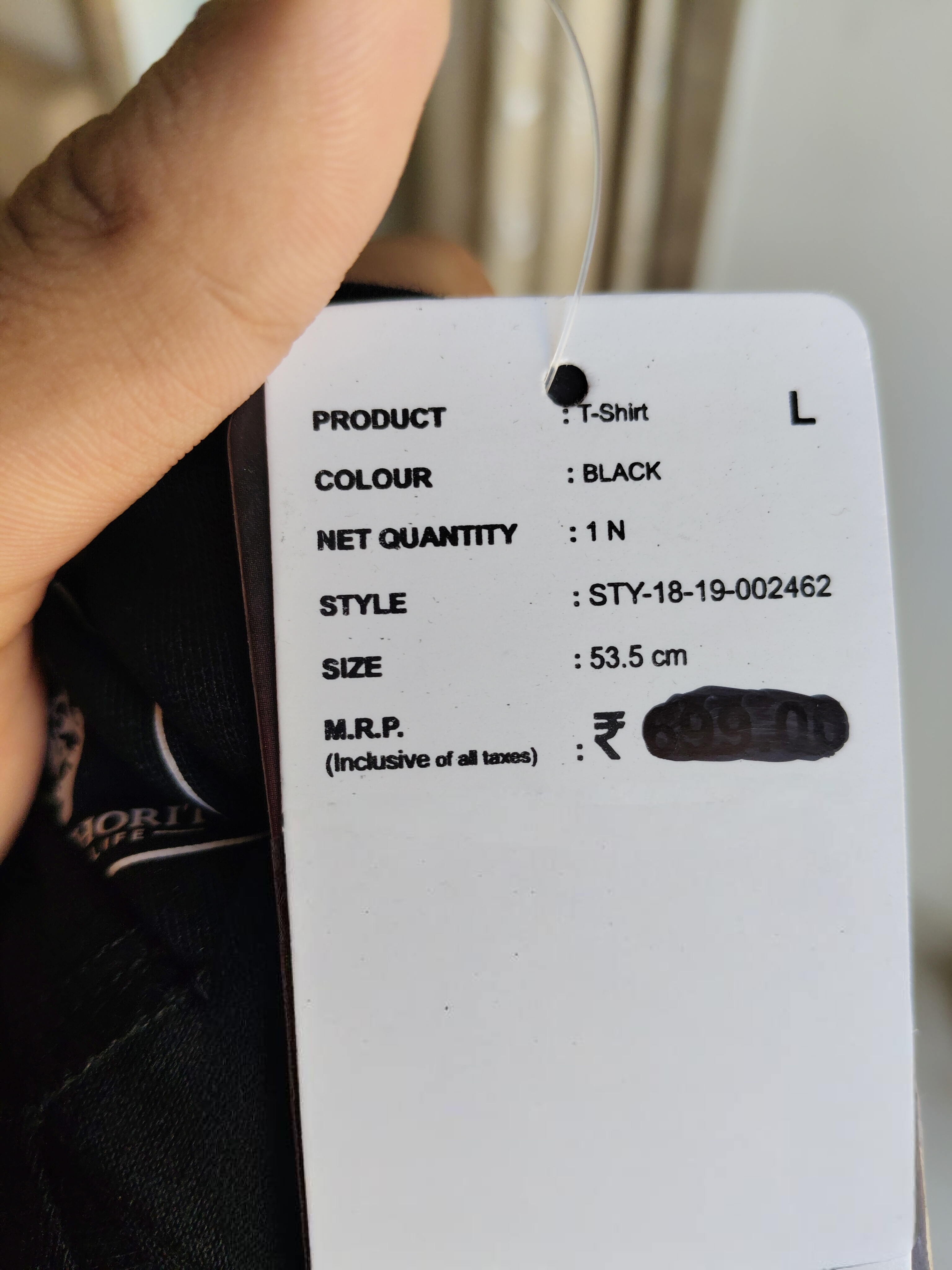



/entrackr/media/post_attachments/wp-content/uploads/2021/08/Accel-1.jpg)


















